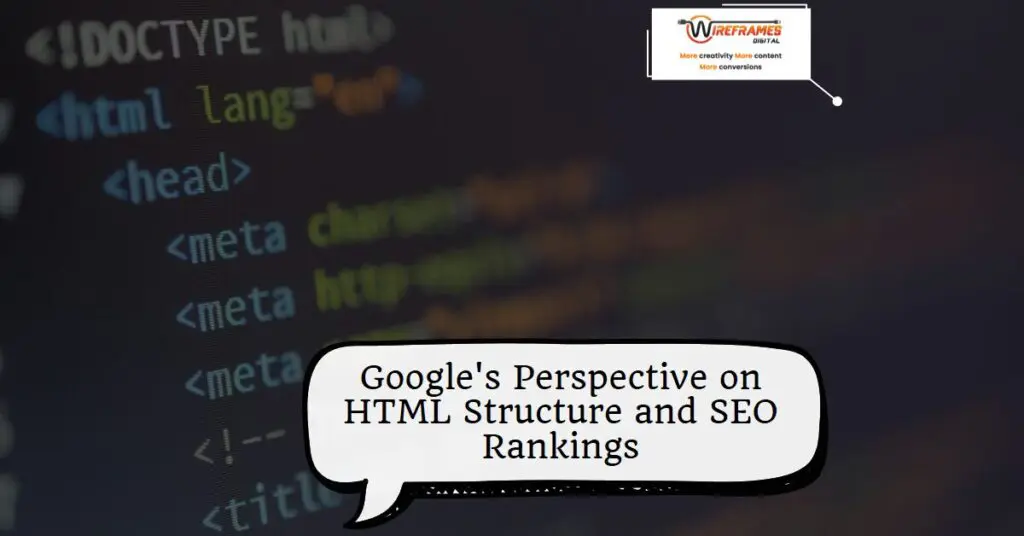In a recent podcast, points were made about the actual influence of website HTML structure on SEO rankings drawn from insights shared by Gary Illyes, a Google representative. This article aims to break down those key points and provide a summarized takeaway.
Illyes Debunks the Myth of HTML Structure Impact on Rankings
Gary Illyes addressed the effects of HTML structure on website rankings during the most recent Search Off The Record podcast. Contrary to popular belief that HTML structure plays a significant role, Illyes stated it doesn’t impact website rankings to a notable extent.
Encouragement of Diversity in Web Design
Illyes suggested that if every website followed the same HTML structure, the internet would be monotonous and boring. He stressed the use of headings, engaging title elements, and well-organized paragraphs but found that paying excessive attention to HTML structuring may be unnecessary.
Mueller’s 2018 Statement Reinforces Illyes’ Point of View
The article mentioned John Mueller’s statement from 2018, which became another point of reference to validate Illyes’ perspective. Mueller had also stated that while a clear content structure is helpful, its absence wouldn’t negatively impact your website’s rankings. Furthermore, the use of semantic HTML is not seen as a quality signal by Google.
H1 Elements and Their Overstated Importance
Google clarified that SEOs often overcomplicate H1 heading tags’ usage. Rearranging them holds no effect on rankings, and webmasters should not obsess over them.
Key Takeaway: Focus on Users and Developers, not Rigid HTML Structure
The main message from this discussion is not to fixate on HTML structure for SEO purposes. Instead, website owners should prioritize what works best for both their users and developers.
Summary
- Gary Illyes revealed HTML structure doesn’t significantly impact website rankings.
- Illyes supports diversity in web design and endorses effective use of headings, titles, and well-organized content.
- The absence of clear content structure won’t hurt rankings, and semantic HTML isn’t considered a quality signal by Google.
- H1 heading tags are often unnecessarily complicated by SEOs, and rearranging them doesn’t affect rankings.
- The conclusion emphasizes the importance of focusing on users and developers instead of obsessing over rigid HTML structure for SEO purposes.
















